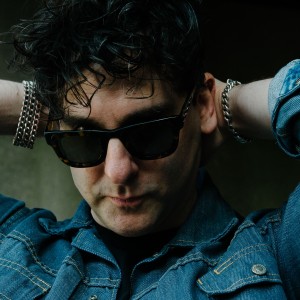Like Chomsky said, the power of language stretches beyond mere dialogue and conversation. And like MIT's Marvin Minsky maintained, many art forms, too, have their own language-like associations (not conceived or exchanged orally but through the vast interpretations of the piece, itself).
Jazz, in particular, can channel its own kind of language--embedded in the call-and-response lines and the licks of improvisation, especially. And unlike Bernstein's whole classical music equals language goof from last century, the power of jazz's rhetoric has now been proven to aid in routine speech and verbal exchange.
The finding was published Wednesday in the journal PLoS One. It is the latest contribution to the ever-expanding fields of psychoacoustics (if not musical neuroscience, at large).
With the help of basilar detection and monitoring provided by an MRI, jazz can, quote, "illuminate different ways the brain works."
According to Dr. Charles Limb, a saxophonist/specialist at Johns Hopkins University in Baltimore, the way in which jazz musicians musically converse changes the use of oxygen by different parts of the brain.
The test asked jazz musicians to perform inside the MRI machine to measure such changes in overall brain activity.
The goal of the experiment was to better understand the brain's wiring, and how it can reconstruct itself--hopefully leading to new breakthroughs in treatment for certain neurological disorders.
A follw-up experiment will deal with children who are learning music, looking at how their kind of tabula rasa allows them to become creative.
Listen to Hank Mobley below and tell us there's not some complex musico-semantic thing going on.



